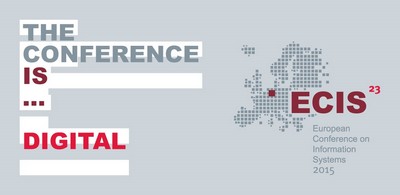DOI
10.18151/7217428
Abstract
We empirically evaluate a number of alternative decision rules for real-time routing of a service vehicle. The particular feature of the decision rules is that they aim at more efficient routing of the vehicle by deliberately introducing vehicle idle times. Our goal is to provide both routing information system providers and supply chain operators with criteria for application of these policies in practice. \ \ The main characteristic of the class of routing problems considered is that part of the customer requests are uncertain, i.e., that part of the requests are not known in advance, but occur only while the service vehicle already is en route. \ \ In order to derive criteria for successful application of the decision rules in practice, we compare the rules by means of computational experiments with respect to a broad variety of instances of the considered class of routing problems. In particular we derive guidelines by varying service region, time horizon and customer request behavior. Eventually, we assess the rules' performance by comparing them with ideal a posteriori solutions. \
Recommended Citation
Meisel, Stephan and Woelck, Martin, "Evaluating Idle Time Policies for Real-Time Routing of a Service Vehicle" (2015). ECIS 2015 Completed Research Papers. Paper 132.
ISBN 978-3-00-050284-2
https://aisel.aisnet.org/ecis2015_cr/132


